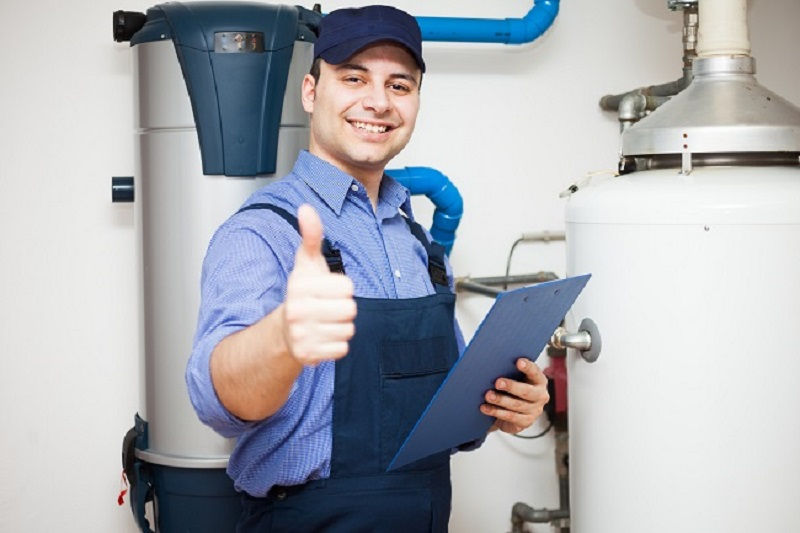Hot Water Heat Pumps: The Smart, Energy-Efficient Water Heating Solution
- Kiara Waylen
- Sep 11, 2025
- 4 min read
Updated: Oct 31, 2025
When it comes to heating water in your home or business, energy efficiency, cost savings, and environmental impact are all key considerations. That's where hot water heat pumps come into play. These systems are rapidly becoming the preferred choice for households and businesses looking to reduce energy consumption and lower utility bills. But what exactly is a hot water heat pump, and why should you consider installing one?

In this comprehensive guide, we’ll explore everything you need to know about hot water heat pumps, including how they work, their benefits, installation tips, and why they are a top choice for sustainable living.
What is a Hot Water Heat Pump?
A hot water heat pump is a highly efficient system that uses electricity to transfer heat from the air to water, rather than generating heat directly. Unlike traditional electric water heaters that consume large amounts of electricity, heat pumps work similarly to a refrigerator—but in reverse.
They extract heat from the ambient air (even at low temperatures), compress it to increase the temperature, and use that heat to warm water stored in an insulated tank. This method can be up to three times more energy-efficient than conventional water heaters.
How Do Hot Water Heat Pumps Work?
Hot water heat pumps operate using a refrigeration cycle, consisting of the following components:
Evaporator: Absorbs heat from the surrounding air.
Compressor: Compresses the refrigerant to raise its temperature.
Condenser: Transfers the heat to the water in the storage tank.
Expansion Valve: Reduces pressure, cooling the refrigerant before it cycles again.
Because these systems don't rely on direct electrical resistance to heat water, they consume much less energy. In fact, for every 1 kW of electricity used, a heat pump can generate around 3-4 kW of heat, making them a great option for energy-conscious households.
Benefits of Hot Water Heat Pumps
1. Energy Efficiency
Hot water heat pumps can reduce water heating energy consumption by up to 60-70%, depending on your current system and climate. This results in significant long-term savings on your electricity bills.
2. Environmentally Friendly
Since they use ambient air as a heat source and consume less electricity, these systems reduce greenhouse gas emissions. Choosing a heat pump over a traditional electric or gas water heater contributes to a lower carbon footprint.
3. Cost Savings
Though the initial cost of a hot water heat pump system may be higher, the ongoing energy savings can offset the purchase price within a few years. Government rebates and incentives may also be available in your region, further reducing upfront costs.
4. All-Weather Operation
Modern hot water heat pumps are designed to operate efficiently even in colder climates. While extremely low temperatures may affect performance slightly, most systems are built to function reliably down to -10°C or even lower.
5. Low Maintenance
These systems are built for durability and require minimal maintenance. A simple annual service check is usually sufficient to keep the system running efficiently.

Choosing the Right Hot Water Heat Pump
When selecting a hot water heat pump for your home or business, consider the following factors:
Capacity: Choose a system size that suits your household’s water usage. A 250–300-liter tank is usually sufficient for a family of four.
Climate Suitability: Some models perform better in colder climates. Check the manufacturer’s specifications.
Noise Levels: While generally quiet, some heat pump systems can produce a low hum. Choose a unit with good insulation and noise control if noise is a concern.
Energy Rating: Look for models with high energy efficiency ratings to maximize savings.
Rebates and Incentives: Check for government programs or energy provider incentives in your area that can help reduce the cost of purchase and installation.
Installation Tips
Proper installation is key to maximizing the performance and lifespan of your hot water heat pump.
Location: Install in a well-ventilated area with access to ambient air. Outdoor or semi-enclosed spaces like garages or utility rooms are ideal.
Professional Installation: Hire a licensed and experienced plumber or HVAC technician to ensure compliance with local codes and optimal system setup.
Insulation: Ensure your hot water pipes and tank are well insulated to prevent heat loss.
Regular Maintenance: Schedule periodic maintenance to check refrigerant levels, clean filters, and inspect for wear and tear.
Are Hot Water Heat Pumps Worth It?
Absolutely. While the initial investment may be higher compared to conventional systems, the energy savings, reduced carbon footprint, and long-term reliability make hot water heat pumps a smart choice for homeowners focused on sustainability and cost-efficiency.
Additionally, with energy prices rising and stricter environmental regulations on the horizon, more property owners are future-proofing their homes with renewable and efficient technologies like heat pumps.
Conclusion:
Hot water heat pumps offer a powerful combination of energy efficiency, cost savings, and environmental benefits. Whether you're building a new home or upgrading your current water heating system, a hot water heat pump is a long-term investment that pays off in more ways than one.
By choosing the right system, ensuring professional installation, and taking advantage of government rebates, you can enjoy endless hot water with peace of mind—knowing you’re making a responsible choice for your wallet and the planet.





Comments